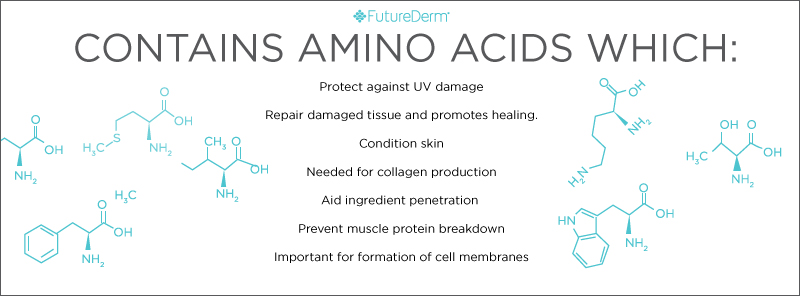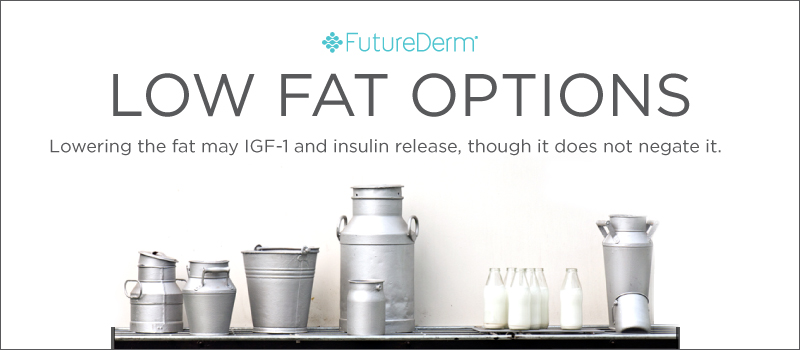Maybe it’s all of those sassy milk moustache commercials, but I can’t seem to get the idea I need to “get milk” out of my head.
But milk has its share of ups and downs when it comes to coverage in the media — and in scientific literature, the info is almost more contradictory. Here, I’ll share my findings, and I want to know what you think I should do!
Why Dairy Might Be Bad
I grew up thinking that milk and yogurt were healthy. I thought that skim milk and cottage cheese were diet staples!
But it turns out that research shows the main protein in cow’s milk, casein, might be harmful to your health.
Casein makes up 87% of cow’s milk (The China Study). There is casein present in human breast milk, but there is three times more casein in cow’s milk (The Beauty Detox Diet). Casein helps cows grow their large bones.
Addicting
One issue with casein is that it is addictive. When casein breaks down, it releases “feel good peptides” called casomorphins. These casomorphins produce a slightly euphoric opioid effect, making dairy (and dairy products) rather addicting for some.
Cancer-Causing
The other issue with casein is that it has been suggested it may cause cancer. The China Study, funded by organizations like the American Cancer Society and the American Institute for Cancer Research, was a large-scale human study done with the support of the Chinese government and provincial governments across China. At the time, the study concluded that populations with greater than 10% of the protein in their diet from casein were at risk of cancer due to casein acting as a cancer promoter.
China Study researcher Neal D. Barnard explains why he believes milk is dangerous: “The problem with milk is not simply its casein. The nutrient ‘package’ in milk—loads of sugar (lactose), animal protein, and fat—triggers the production of IGF-I in the body, and that may be the reason it is linked to certain forms of cancer.” (Breaking the Food Seduction)
Not the Best Source of Calcium
Milk in general may not be as healthy as we think. As a woman, I have been marketed to for decades that I need to drink milk and eat dairy products “for my bones.”
But there are actually great sources of calcium that are not dairy. In fact, a few cups a day of vegetables like bok choy, broccoli, cauliflower, collard greens, cucumber, kale, sea vegetables, spinach, as well as nuts and seeds will get you above and beyond your daily allowance for calcium.
What’s more, evidence shows that populations who regularly consume milk have a greater incidence of bone issues like osteoporosis and fractures. In the U.S., women drink 30-32 times as much cow’s milk as in New Guinea, but suffer 47 times as many hip fractures (Osteoporosis International, 1991).
So what’s going on? There are two prevailing theories: One, the high levels of phosphorus in cow’s milk may bind to calcium, preventing its absorption. Two, it seems the high levels of protein in milk may cause for more calcium to be excreted in the urine than is absorbed by the body (American Journal of Clinical Nutrition, 1979).
Why Dairy Might Be Good
On the other hand, many prominent nutritionists still recommend dairy on a regular (if not daily) basis to their clients. Dairy supplies a lot of nutrients; in fact, casein itself is a source of amino acids, carbohydrates, phosphorus, and, even if you’re not absorbing it) calcium! (source).
Low-Fat Options are Available
The combination of fat, sugar, and carbs in dairy products triggers IGF-1 and insulin release. But lowering the fat may somewhat reduce this effect, though it does not negate it.
According to the NIH, cream cheese, cream, and butter are not healthy, but fat-free (skim) or low-fat (1%) dairy products, buttermilk, low-fat ice cream, yogurt, and cheese are fine. The NIH even goes as far as to recommend 3 cups per day of these products (source).
Dairy Might Help You Lose Weight
Studies by Professor Michael Zemel from the University of Tennessee show that a low calcium diet increases the laying down of fat in the body. It is thought this is because calcium makes the body heat up slightly – causing it to burn fat more easily (Obesity, 2010).
In addition, the studies reveal that a high dairy diet resulted in decreases in body fat, trunk fat, insulin, and blood pressure, and an increase in lean muscle tissue.
What’s more, going to the opposite end of the spectrum and cutting out dairy doesn’t help you lose weight. According to a study in Obesity, subjects who went without consuming dairy for a year lost the same amount of weight as the dairy consumers — no statistical difference at all.
Bottom Line
The verdict still seems to be out on dairy products. I’m leaning towards sticking to goat’s cheese to eliminate casein, but still to retain some benefits from milk products, but I’m curious what you think — weigh in! Let me know what you think in Comments.





